Isabelle Huppert interview: 'I don’t play a character. I just play an encounter between me and certain states of mind. Is that clear?'
The French actor, who was Oscar-nominated for her role in ‘Elle’, now plays a prostitute in ‘Eva’, which was selected to compete for the Golden Bear in the main competition section at the 68th Berlin International Film Festival
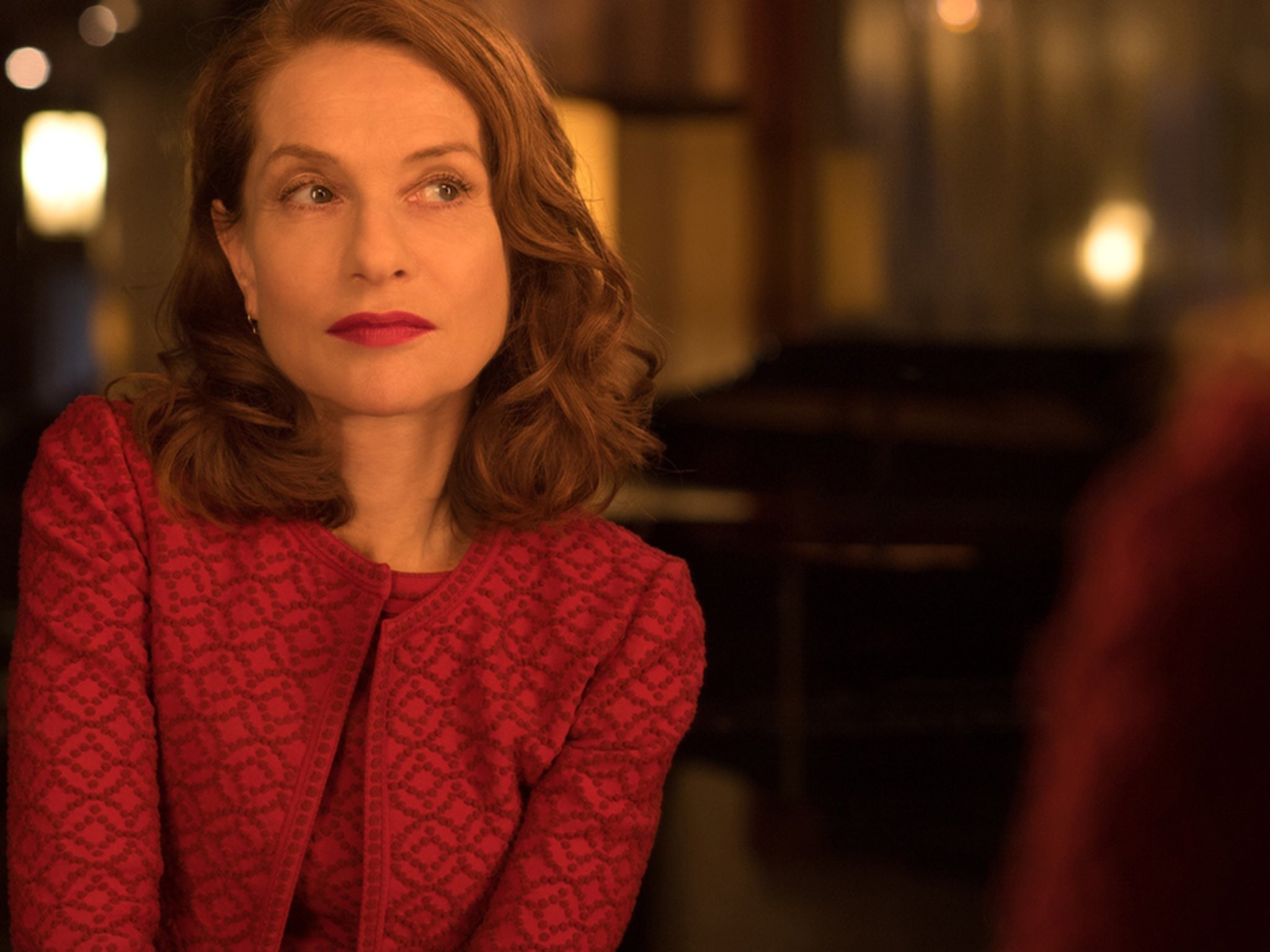
Not so long ago, Isabelle Huppert was reading a magazine interview with Daniel Day-Lewis. Huppert, Oscar-nominated for her role in Paul Verhoeven’s Elle last year, is one of the most distinguished actors in French cinema history, with well over 100 credits to her name in a career that stretches back to the early 1970s. Nonetheless, she was still a little startled by what she learned about Day-Lewis’s immersive and obsessive approach. That’s not at all how she tackles screen acting herself.
“It was a fascinating interview [with Day-Lewis], and he is a fascinating actor, of course,” she notes of the star of Phantom Thread, who recently announced his retirement from the screen. “It was so much the opposite of the way I relate to my work.” Day-Lewis is famous for burying himself in any given role. If he is playing a costume designer, he will spend months preparing and will learn how to cut and sew fabric. Huppert, by contrast, doesn’t do very much in the way of homework at all. “I just think,” she says of how she tackles any new part.
Huppert’s new film Eva, in which she plays a suburban prostitute, premiered at the Berlin Film Festival last week. She realised long ago that one of the secrets of screen acting is minimalism. You hint at thoughts and emotions without expressing them directly. She is always very precise in her gestures but you will rarely see her raging.
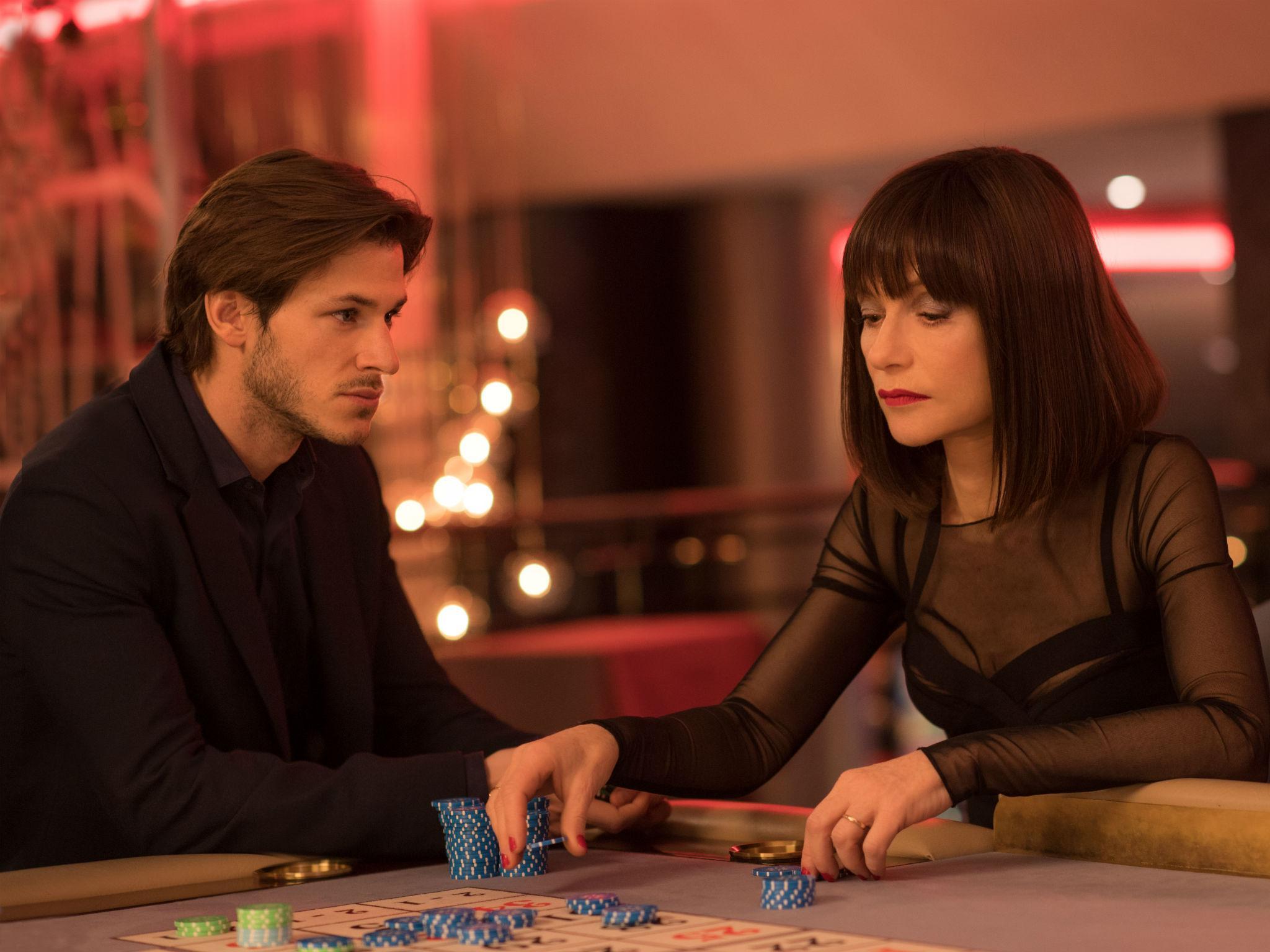
“Some roles require more physical engagement but it [acting] is also about thinking – it is not just about physical engagement,” she explains. “I keep saying I don’t work a role. I am worked by the role. It is something I know about cinema and I am sure about it… cinema is about subtracting. It is not about adding but about going underneath.”
On screen, Huppert doesn’t play roles or characters. “I play states of mind… character is a perception for whoever sees the film but not for myself. I don’t play a character. I just play an encounter between me and certain states of mind. Is that clear?”
Huppert talks of the “extreme concentration” she brings to her roles. On screen, she has a detached quality. In Elle, when she is being sexually assaulted by an intruder or is stuck in a car following a crash, she still gives the impression that she is looking in on her own life, calculating, reasoning, looking for an angle. In Eva, she gets to inflict pain, both physical and psychological, on a young client (Gaspard Ulliel) who becomes obsessed with her. Even at the best climactic moments, she never loses that coolness and inscrutability which has always characterised her on screen. Because she gives so little away, it is left to us to ponder her motivations. She is endlessly mysterious. Age clearly cannot wither her either. Forty years after her role as the ingenue in The Lacemaker (1977) first made her an international star, she is still playing leading roles – and nobody questions why.
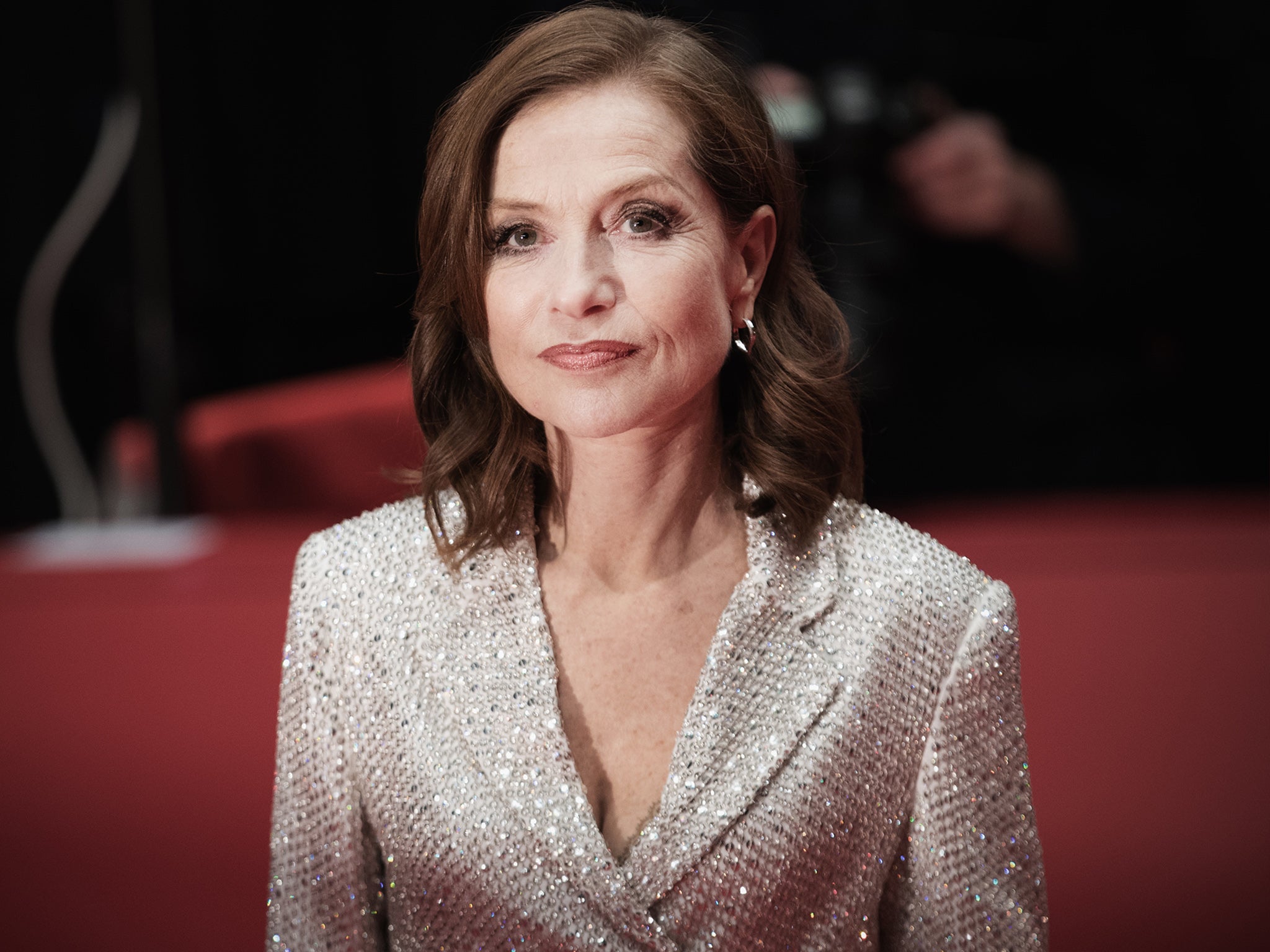
Speaking on a cold morning in Berlin in a huge room in the Adlon, one of the city’s most luxurious hotels, Huppert is genial and relaxed. No, she admits, she had never previously read any of the novels by James Hadley Chase, the English pulp author whose 1946 potboiler Eva inspired both the Benoit Jacquot film in which she stars and the 1962 Joseph Losey version, in which Jeanne Moreau torments Stanley Baker.
“This was the first time I read one of his books and I loved it. It is a really wonderful book. I was surprised because it is so modern, the way he describes the characters. Especially for Eva’s character, I was expecting something more of an archetype of the femme fatale – and it is the complete opposite. She is almost a boyish character. She doesn’t carry the classical femininity that I would have expected of a book being rooted in this kind of environment.”
Eva is the sixth feature Huppert has made with Jacquot. She likens him to the late Claude Chabrol, with whom she also made many films. “For me, they have similarities. They have the same kind of distance they keep with the story and the characters, the same kind of non-sentimental approach and the same way of placing emotions.” Chabrol, she adds, never gave her one word of direction in all the films they made together. He trusted her implicitly, as do most of the directors with whom she has collaborated.
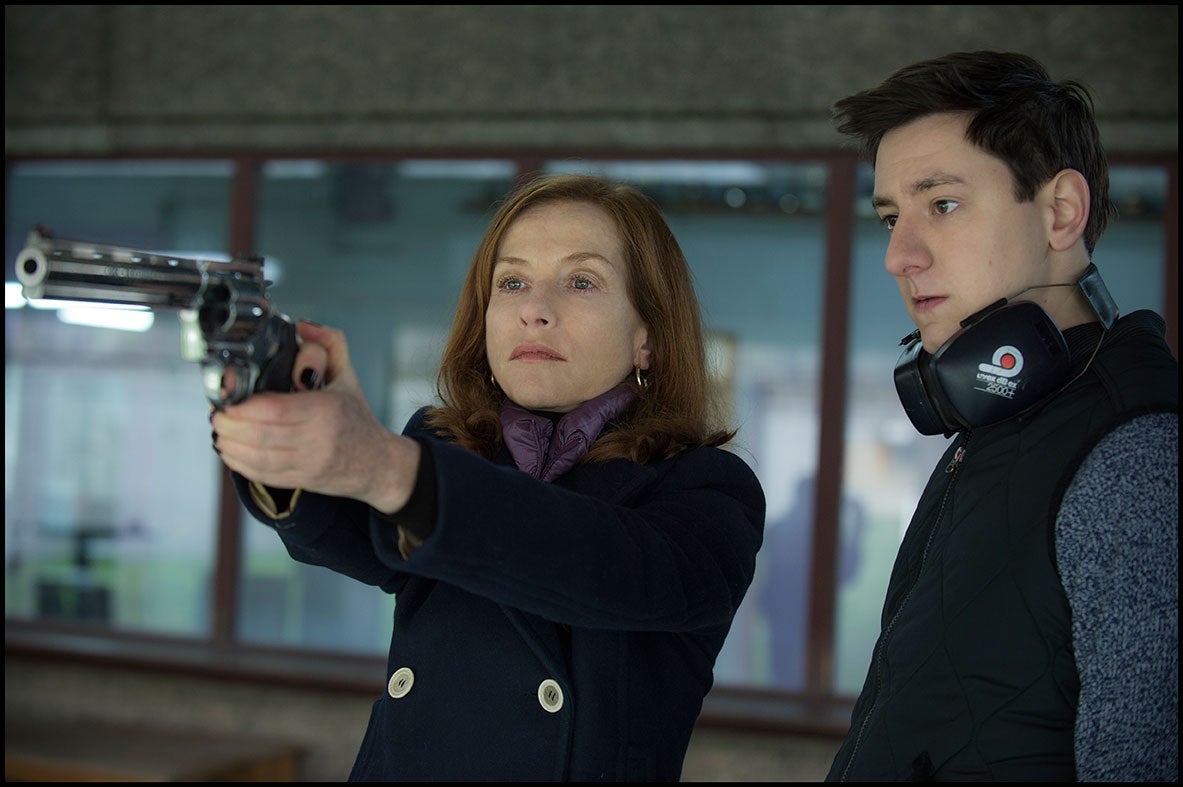
Part of the attraction in playing the prostitute is that Eva continually confounds audience expectations. One moment, she seems extremely confident but the next, when she thinks she is being followed on the street or or is confronted by client’s much younger girlfriend or is abandoned on a mountain road, she reveals an unexpected vulnerability. “She cannot bear not to be in control. She is very, very dangerous.”
As Huppert points out, Eva is also extremely lazy. “I liked the fact that she sleeps a lot… she needs to sleep. She is very tired but let’s say lazy more than tired. She is a very laze femme fatale!”
“You can also think she is an imaginary projection of the writer,” Huppert adds of Eva. “That makes her infinite because she is a projection of imagination – and imagination has no limit. She is what she is but can easily be the opposite. You can’t really grab her.”
Huppert has played prostitutes several times before in films including Jean-Luc Godard’s Every Man For Himself (1980) and Olivier Dahan’s La Vie Promise (2002).
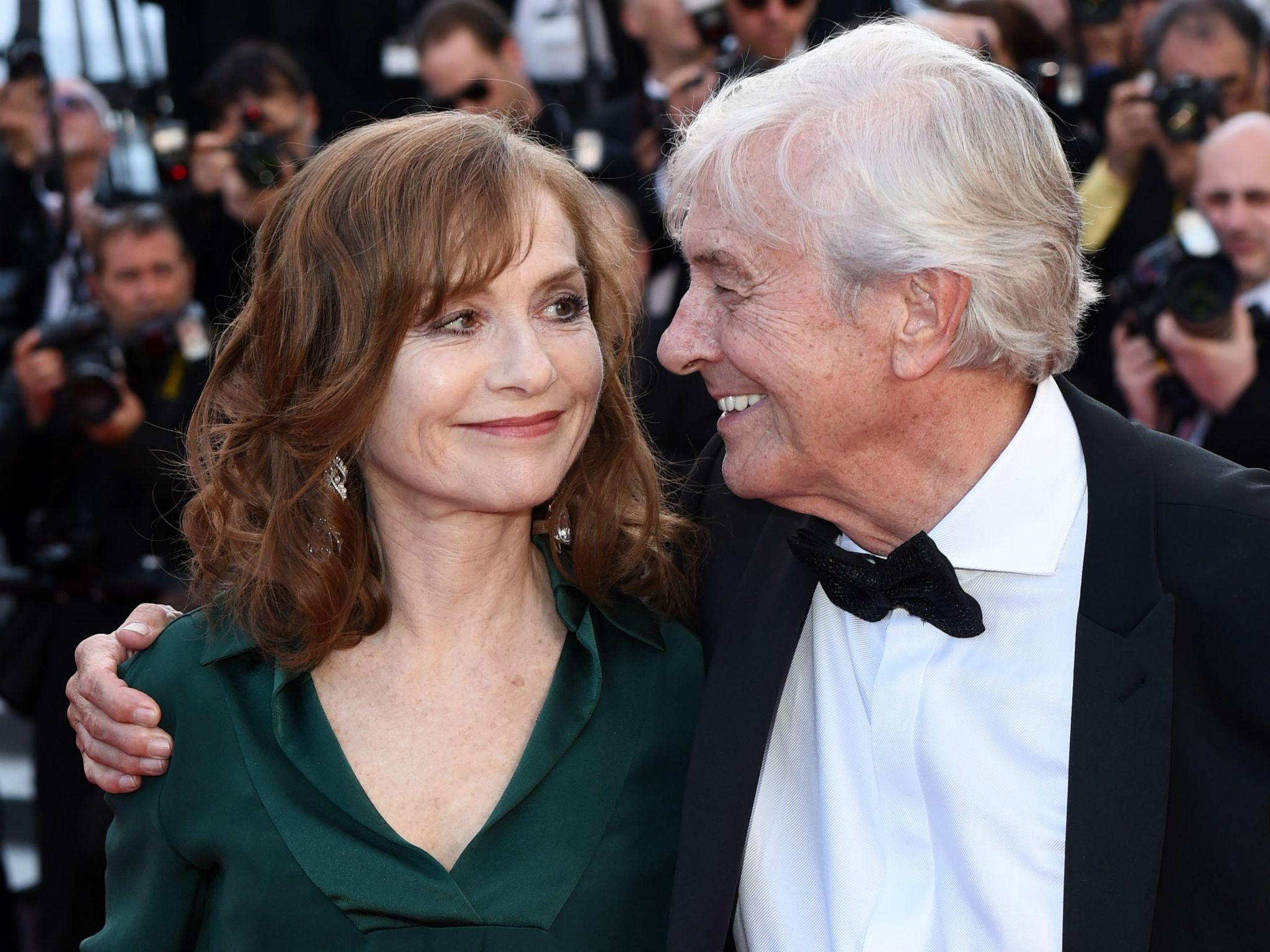
“To be honest, in any film where you play a prostitute, there is always a different person behind the prostitute,” she suggests of the tension between the role the character plays with her clients and her life when she is not working.
Ask whether she thinks male directors like Verhoeven and Jacquot can understand women as well as female filmmakers and she dismisses the question. “I don’t think there is such gender separation… I wouldn’t separate it so that male directors only do movies for men and female directors only for [women]. By no means – of course not, of course not,” she makes her point emphatically.
Huppert shot Eva last year during the Oscar campaign for Elle. Since then, she has continued to work at the normal frantic pace, but taking on some international projects alongside the French ones. She has appeared in an episode of The Romanoffs, the new series from Mad Men director Matthew Weiner, and also stars alongside Chloe Grace Moretz in Neil Jordan’s new thriller, The Widow. She takes pride in her versatility and the fact that she can go straight from making a big US TV film to starring in a small French art house movie like Eva Ionesco’s soon-to-be-released Une jeunesse dorée (A Golden Youth).
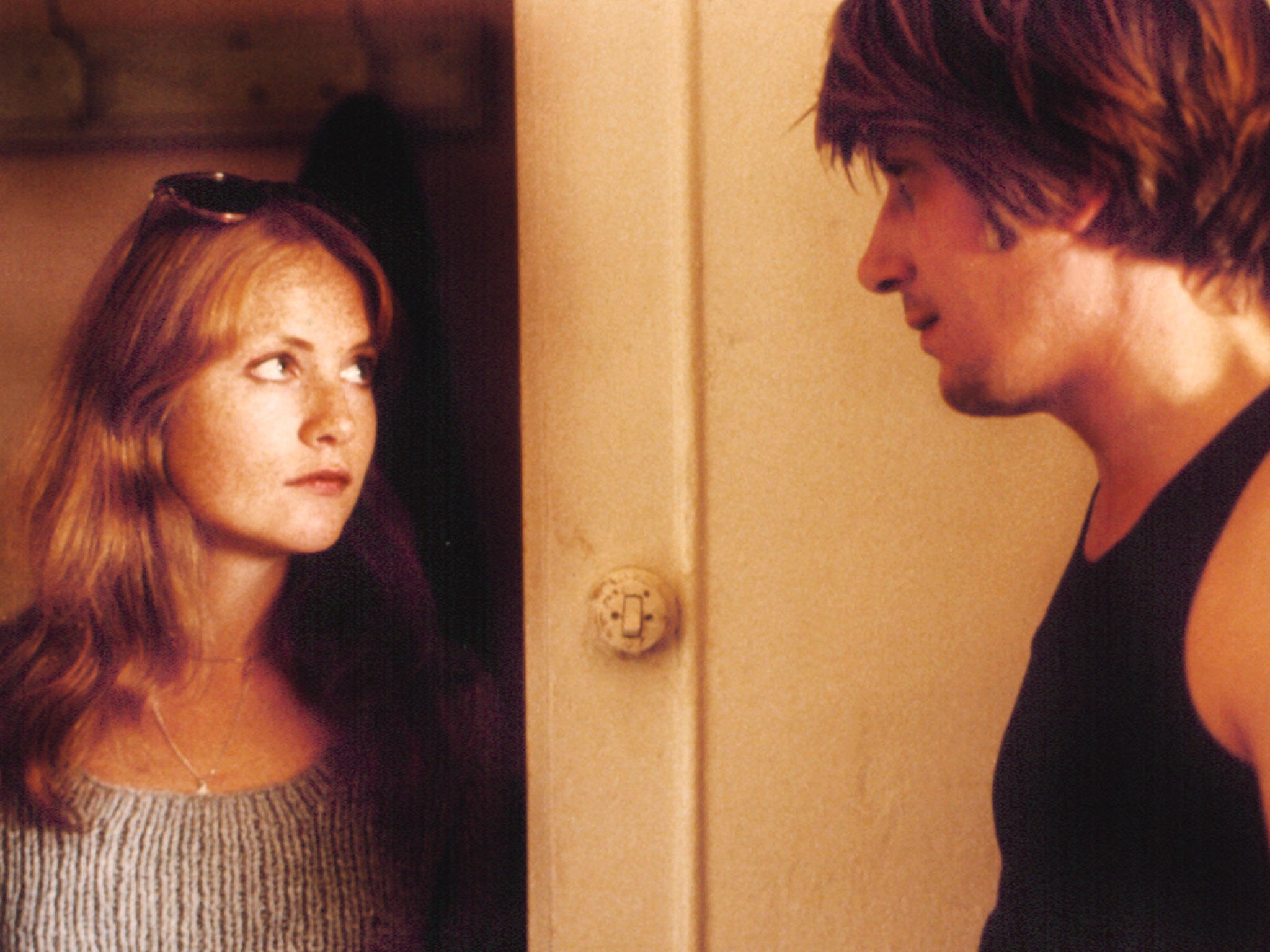
Journalists who have interviewed her in the past have suggested that she has become friendlier and more open since her Oscar nomination last year. Put this to her and she replies: “Not necessarily. Maybe I am more awake this morning.”
Huppert dutifully answers a question about the “Me Too” movement. “Whatever was said from the beginning needed to be said,” she declares. She also speaks fondly of the late Michael Cimino, who directed her in Heaven’s Gate (1980), an epic western which, if it had been successful, would surely have led to her working far more frequently in Hollywood. She is gratified that the film has been rehabilitated to an extent and is regarded by at least some critics as a masterpiece. As for the career Huppert has had since Heaven’s Gate was such a flop at the box office, well, it hasn’t turned out too badly after all.
‘Eva’ screened at the Berlin Film Festival last week (berlinale.de) and will be released in the UK later this year
Join our commenting forum
Join thought-provoking conversations, follow other Independent readers and see their replies
Comments
Bookmark popover
Removed from bookmarks